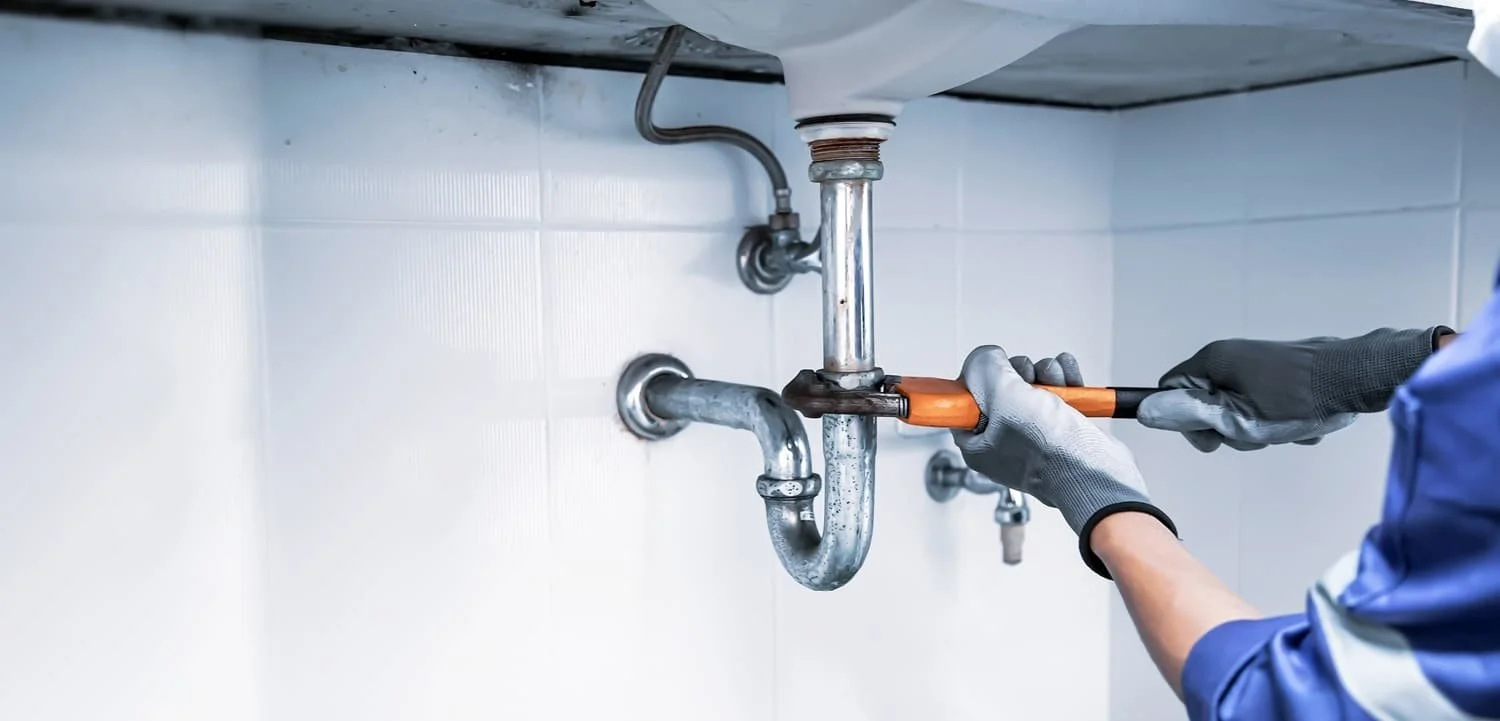Why Low Water Pressure in Your Home Should Never Be Ignored
For many homeowners across Evesham, Cheltenham, and the Cotswolds, the sound of a gently running tap or the steady hum of an AGA is part of daily life. But when your shower trickles instead of sprays, or your tap takes forever to fill the kettle, that drop in water pressure is more than just an inconvenience — it’s often the first sign that something bigger is wrong.
Whether you live in a heritage farmhouse with original plumbing or a modern renovation with upgraded heating systems, low water pressure can affect comfort, appliance efficiency, and even the longevity of your boiler or AGA system.
What Causes Low Water Pressure?
Low water pressure can stem from several issues — some simple, others requiring professional attention. Common culprits include:
Hidden Leaks: A small, undetected leak in your system can cause a gradual pressure drop.
Limescale Build-Up: Especially common in hard water areas like Worcestershire, where mineral deposits restrict flow.
Aging Pipes: Corroded or partially blocked pipes in older properties can reduce flow dramatically.
Faulty Valves or Stopcocks: Even a slightly closed valve can restrict household pressure.
Boiler Problems: If you have a combi boiler, falling pressure may indicate a leak or fault in the pressurisation system.
Why It’s More Serious Than You Think
Many homeowners ignore low water pressure until it becomes impossible to overlook. But here’s why it matters:
It Strains Your Boiler: When water flow is restricted, boilers and heating systems work harder — increasing wear and tear.
It Affects Your AGA or Appliances: For homes with connected systems, consistent pressure is vital for efficiency and safety.
It May Indicate Leaks: Even slow leaks can cause hidden water damage to floors, walls, or insulation.
It Impacts Everyday Living: Weak showers, slow-filling baths, and sputtering taps take away the comfort your home should offer.
Quick Checks You Can Do Before Calling an Engineer
Before booking a plumber, try these simple steps:
Check Your Stop Tap: Make sure it’s fully open.
Test Multiple Taps: If only one outlet has low pressure, it’s a local issue — not the whole system.
Inspect for Leaks: Look for damp patches under sinks or around radiators.
Ask Neighbours: If they’re having the same issue, it may be a local mains problem.
If the problem persists, it’s time to call a professional.
Professional Solutions for Low Water Pressure
A certified plumber can diagnose and resolve the issue quickly — often saving you from much bigger repair costs down the line. Solutions may include:
Replacing corroded pipework
Power-flushing the heating system
Installing a home water pressure booster
Repairing or servicing your boiler
Removing limescale build-up in key fittings
For older Cotswold and Worcestershire homes with heritage plumbing or AGA setups, professional care ensures your system performs at its best — without risking damage to classic fixtures or fittings.
Protecting the Comfort and Efficiency of Your Home
For homeowners like Colonel Whitaker in Cirencester, reliability is everything. Water pressure may seem minor, but consistent flow underpins everything from your hot shower to your heating system’s efficiency.
Addressing low water pressure early protects your investment, keeps energy bills under control, and ensures your AGA, boiler, and plumbing system work in harmony.
Book a Professional Inspection in Worcestershire or the Cotswolds
If you’ve noticed weak water pressure or slow taps, our experienced plumbing and heating engineers can help. We offer:
Full pressure testing and diagnostics
Leak detection and repair
Boiler and AGA system servicing
Pipe restoration and system balancing
📞 Call us today to arrange your inspection
📧 Request a free quote via email
🌿 Trusted by homeowners across Evesham, Broadway, Cheltenham, and Worcester

